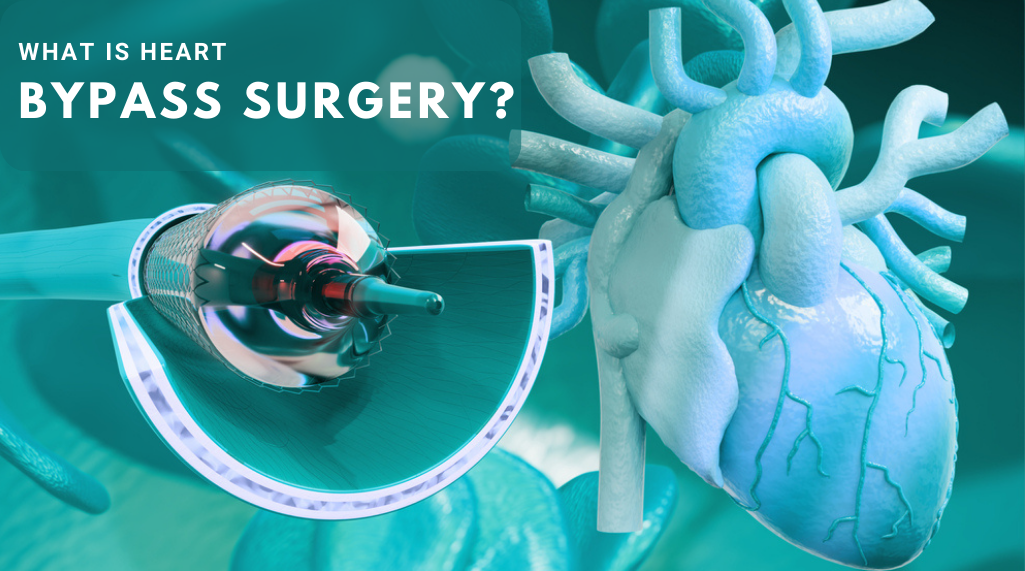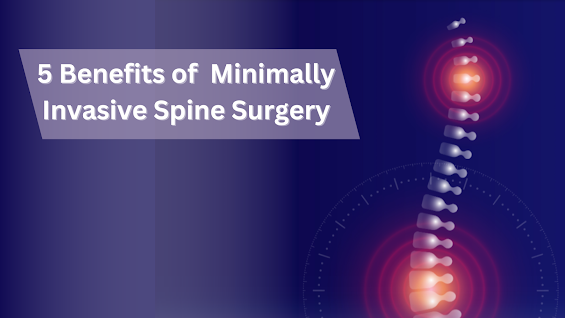What Is Heart Bypass Surgery?

In order to relieve blockages in the arteries that supply the heart muscle with oxygen-rich blood, coronary artery bypass graft surgery is performed. Chest pain or discomfort, along with other unpleasant symptoms including weariness, nausea, and dizziness, might result from a blocked heart artery. A heart attack can also be brought on by a clogged artery. A cardiac surgeon, a doctor skilled in surgical methods to address diseases affecting the heart and blood arteries, performs coronary bypass surgery, commonly known as coronary artery bypass graft surgery or "CABG" in a hospital operating room. The doctor doing the procedure may alternatively be referred to as a cardiovascular or cardiothoracic surgeon. What are the types of heart bypass surgery? Surgeons advise different kinds of bypass procedures depending on which arteries are obstructed. Single Bypass Double bypass Triple bypass Quadruple bypass- Depending on how many arteries are clogged, we are more likely to experienc...

